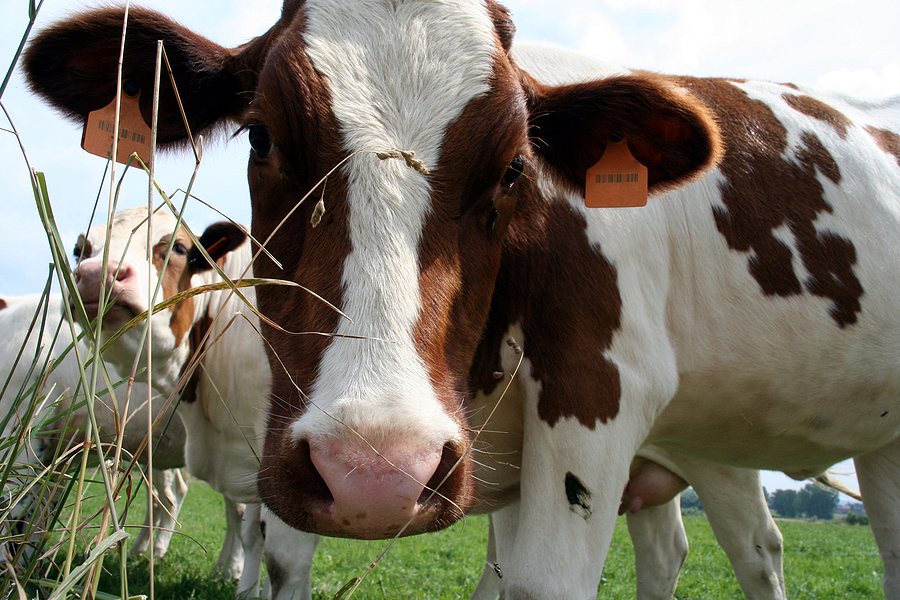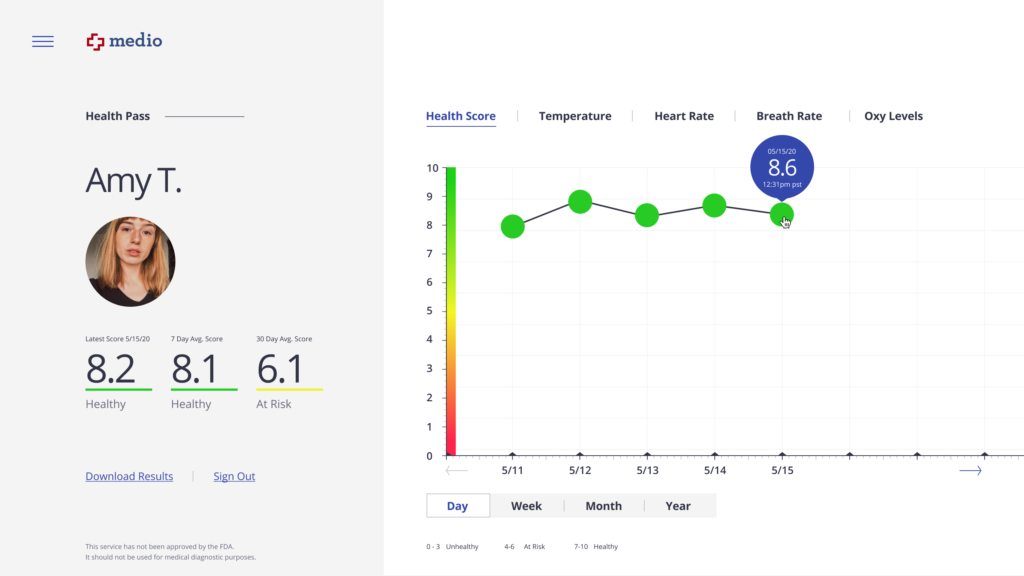Heading into the holiday weekend, Kevin and I share what we’re thankful for (mostly y’all, our sponsors, each other, and Thread), while also talking about the sad sale of Tile to Life360. We also discuss Clevr, Qeexo, and efforts to make AI accessible to people who can’t or don’t want to code. After that, I discuss my desire for a new activity tracker and the rise of Wear OS. We also talk about a new HomeKit camera from Aqara that’s pretty fancy without having a high-end price tag before diving into some of the financials and data from Samsara’s IPO filing. This week on the IoT Podcast Hotline, we answer a listener question about the anti-drunk driving provision in the Build Back Better legislation.

Our guest this week is Stefan Scherer, the CEO of Smaxtec, a company making health sensors for dairy cows. First, we learn a lot about cows and how to assess temperature, motion, and data on acidity from a cow’s stomach and translate that into health metrics. Then we talk about the challenges of building a sensor that’s rugged enough to last three to five years in a cow’s stomach as well as the challenges of keeping such a device connected. With this data, farmers are able to track disease spread in dairy cows and prevent costly illnesses that could mean their milk gets tossed, while also tracking data that can help prevent cow farts from causing as much damage to the environment through the release of methane. You’re going to learn a lot about cows and a lot about solving a connectivity problem I wouldn’t wish on anyone.
Hosts: Stacey Higginbotham and Kevin Tofel
Guest: Stefan Scherer, CEO of Smaxtec
Sponsors: Twilio and Juniper Networks
- Several things we’re thankful for
- Why the Tile buy makes us a bit sad
- How no-code AI will make information overload less of an issue
- Rugged sensors can lead to smart cows, and smart milk prodiction
- Smaxtec wants to optimize a cow to produce fewer carbon emissions
Podcast: Play in new window | Download | Embed
Subscribe: RSS

